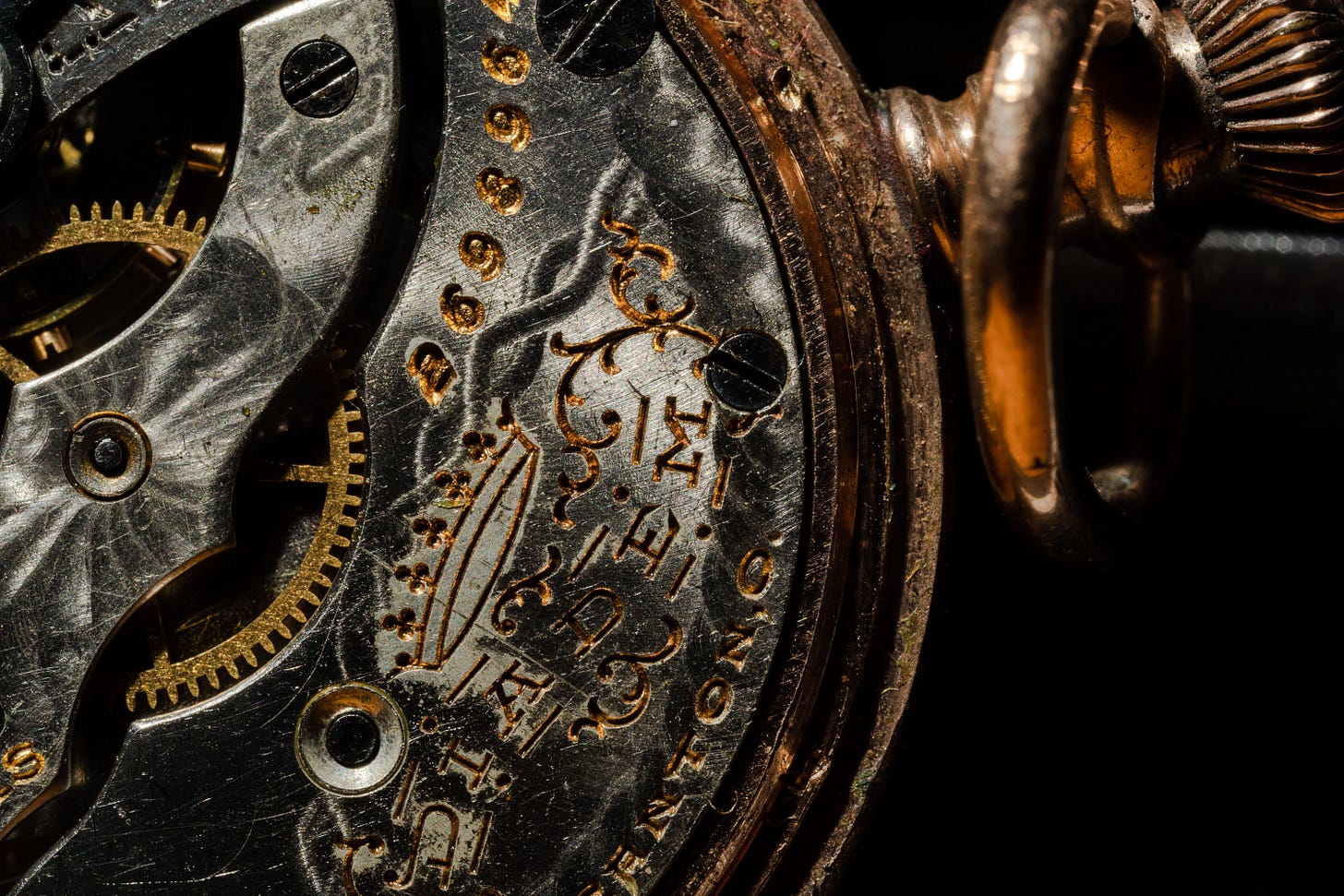
I’ve never been a fan of the metaphor that we “fight” diseases or conditions. That never sat well with me. Since I was diagnosed with testicular cancer in November, I’ve heard this a lot. When people say something like “Keep fighting,” I’m not a D-bag about it—I know what they mean, and I know they mean well. My gripe is more with the prevalence of war-like metaphors in our culture. We don’t need to be fighting all the time.
I know that for many people, employing this language is helpful. It gives them hope or makes them feel like they are actively addressing their own situation, whether they have cancer, depression or any physical or mental ailment. I’m not saying they should stop or that this is a bad or less optimal way to face a life-threatening or life-altering challenge. What I’m more concerned with is how as a society, as a culture, the metaphors of war or aggression are readily available, how that affects our perception of the world, and how it informs human actions.1
The first time I remember thinking critically about metaphor at all was as a collegiate sports writer. I was taught to avoid the language of war. Long passes are not “bombs” and teams do not “battle” each other. The lesson, as explained to me, was two-fold: First of all, it diminishes the seriousness of actual war. Second, it’s just bad, clichéd, and lazy writing. It’s not clever, and it’s not even very descriptive.
At the time, it was that second reason—bad writing—that registered with me most. I wanted to be a good writer. But now, I think I’m more interested in the first reason. War is among the very worst of human activity, yet it’s a common metaphor. It’s so common, I imagine people often don’t even notice it.
In the book Metaphors We Live By, George Lakoff and Mark Johnson list a number of common phrases pertaining to arguments that are all grounded in war. We “attack” and “defend.” We “fortify” our own reasoning and look for “weak points” in our “opponent.” Claims can be “indefensible” or “right on target.” Lakoff and Johnson point out that this “argument as war” metaphor is not an inevitability but a result of our culture:
“Imagine a culture where argument is viewed as a dance, the participants are seen as performers, and the goal is to perform in a balanced and aesthetically pleasing way. In such a culture, people would view arguments differently, experience them differently, and talk about them differently. But we would probably not view them as arguing at all: they would simply be doing something different…we have a discourse form structured in terms of battle and they have one structured in terms of dance.”
Lakoff and Johnson argue (or perhaps pirouette?) that metaphorical concepts are not just linguistic conventions, but contribute to how we understand and experience our reality. They also suggest that metaphors are primarily grounded in physical activities. Fighting is an observable, physical action. An argument is more abstract, so it’s helpful for us to think of arguments in the language of physical activities, like fighting. But it just as easily could have been dancing.
We could easily speculate on why fighting rather than dancing is a prevalent metaphorical concept in Western civilization. Maybe it has to do with the human struggle for survival. But the most important point I want to make here is that it was not inevitable, and nor are other metaphors, such as “Time is money” or “Life is a game.” I would feel quite comfortable postulating that each and every person reading has either made decisions or knows someone who has made decisions in accordance with one of these metaphors. Or perhaps another, like “Life is a journey,” which supports the idea that metaphors are not just a stylistic way to compare similar things, but concepts which actually help structure and organize our reality, and inform how we live, as Lakoff and Johnson suggest.
Imagine that the composite thing that you call your life was a mechanical clock. All the experiences you have, whether they are everyday activities like eating dinner or significant milestones like marriage, are gears you add to the clock. The clocks are constantly growing and becoming more elaborate. When a gear is added perfectly, the clock keeps running as it should. If the gear isn’t installed properly, it won’t fit well with the existing gears, and the clock will start to malfunction. It starts to fall behind or run too fast. For me, cancer is one of these gears, and if I don’t get to a horologist soon, the clock could stop working altogether. The horologist will do what he or she can to fix the clock. In the very worst cases, a cancer gear might prevent other gears from moving properly for extended periods of time. Those gears begin to rust and decay. But no matter what, I won’t be able to completely erase the fact that this gear was in the clock at one point.
This is a metaphor about life using clocks. I like using a clock as a metaphor because whether a clock was right yesterday or tomorrow is immaterial—what matters is if the clock is right now. Even a broken clock can be right twice a day, which suggests moments of peace are always possible. Also, you can change the appearance of a clock, you can change the insides of a clock, but the essence of a clock remains the same: to tell the time. I think people are much the same. Our psychological and physical needs remain the same despite our life experiences, despite our outward appearance, and despite what happened yesterday or might happen tomorrow.
But I could make other metaphors, where life is a dance or life is a journey or life is a big piece of clay. You could make them, too, and each time you did, your mindset and the literal way you feel and think would change a little. The cognitive posturing when you are “fighting” something versus “fixing” something are different. The point is, there is nothing predetermined or inevitable about using the language or metaphors of war and fighting. They are simply born out of human experience and a need to explain abstract concepts in ways familiar with people. But these choices are not without consequence on how we perceive and understand the world. We didn’t have to have a war on drugs, for example. We could have aimed to help rather than punish. But that wasn’t our culture.
The clock metaphor might strikes some of you as bizarre, because clocks don’t move through time and space. There is not a familiar beginning and end. In our culture we think of life this way. We are born and we die. Some believe that when you die, there is a next stage that is separate from this life. But not everyone thinks of life linearly like this. The Mayans wouldn’t have understood it, they think of life in cycles. Several Eastern religions think in cycles of rebirth as well. Time itself is a kind of metaphor we created.
My preferred metaphor for life is one of process and integration. I go through life and have an incalculable number of experiences, large and small. Each one of those experiences affects me in some form or fashion. My wellbeing is concerned with how well I can integrate those events and experiences into my sense of self and my worldview. Things I struggle to integrate are probably the things that make me sad or anxious or angry. Integrating cancer into my life is a challenge, but it is still just another experience. It changes who I am a bit, but I have to accept it. I have to try and harmonize it with the incalculable other influences that shape me and my outlook. As I’ve written before, acceptance is not a synonym for passive resignation. For me, the idea of “fighting” cancer doesn’t fit. I’m accepting it and then reacting accordingly. Like I said above, this isn’t to look condescendingly on people who are “fighting” cancer. I’m not the arbiter of what is good and bad. You have to do what works for you. (So long as it doesn’t increase the suffering of someone else, of course.)
These metaphors are applicable all the way down the line and I don’t believe are simply semantic. For example, you might say “Yeah, Joe, but chemotherapy literally kills cancer cells. That is fighting.” To which I might say, but where does that cancerous material go? According to the law of conservation of matter, the “stuff” has to go somewhere, which means it’s being transformed. Death and destruction from one perspective are ends. From another, they are transitions. You could say treating cancerous cells is a kind of puzzle.
The way I think of metaphors and language probably says as much or more about my view of people than anything else. I think people, by nature, are intrinsically curious, pro-social organisms who, all things being equal, want to grow as individuals and collaborate with others. This is in line with what I’ve written elsewhere about Self-Determination Theory. When I think about a good, happy existence, I think about words like harmony, balance and equilibrium. Not winning and dominating and things like that.
There are many real conflicts in the world and in life. Not just war in the conventional sense but struggles between the oppressors and the oppressed. These are often violent clashes where it would make absolutely no sense to me to call it something other than fighting. But it behooves us to limit this language and use it where it truly belongs, otherwise we start to see “battles” everywhere. Mundane daily tasks take on the veneer of war and war requires an enemy. Before long, everyone who may have been a dance partner will become an enemy combatant, and who wants that?
I am generally not someone who wants to argue about semantics or correct grammar. First of all, I’m not that good at grammar. But more importantly I think it’s important to accept the best fair interpretation of what someone is trying to communicate rather than ensure they followed all the rules. HOWEVER, I don’t think this essay is just semantic, I think language—especially when adopted en masse—shapes perception and understanding of the real world.





I agree that we fall into war metaphors much too easily and often inappropriately, but I think you underestimate the attraction war has for many people. War is Galvanizing and Important and Urgent; War unites your tribe in a common purpose and calls for common sacrifice. Think of how much nostalgia Americans have for World War II. This is, I think, why we had a War on Drugs and a War on Poverty. James Hillman, for one, has written insightfully on this.
In any event, it makes it harder, if no less urgent, to find better metaphors for framing our lives.
Also, Hillman and other Jungians have written of the importance of metaphors, including different metaphorical viewpoints for illness.
I like this piece Joe, as a cancer survivor ( Hodgkins Disease ) I am pulling for ya, do whatever works for you. For me it wasn't fighting so much as optimism and a positive attitude that kept me going.